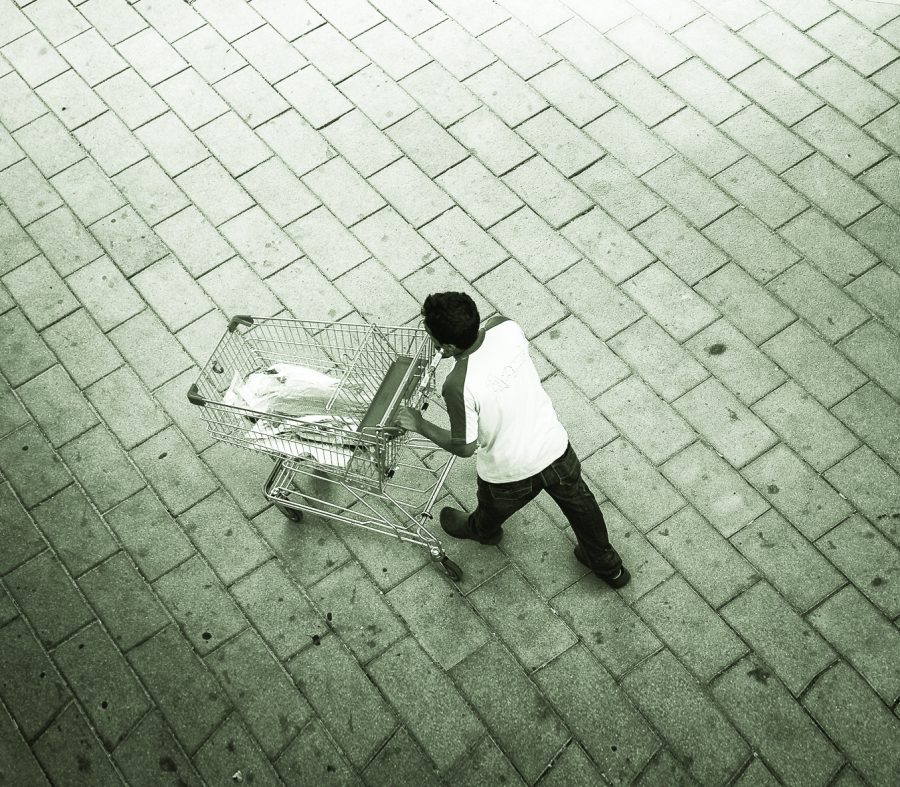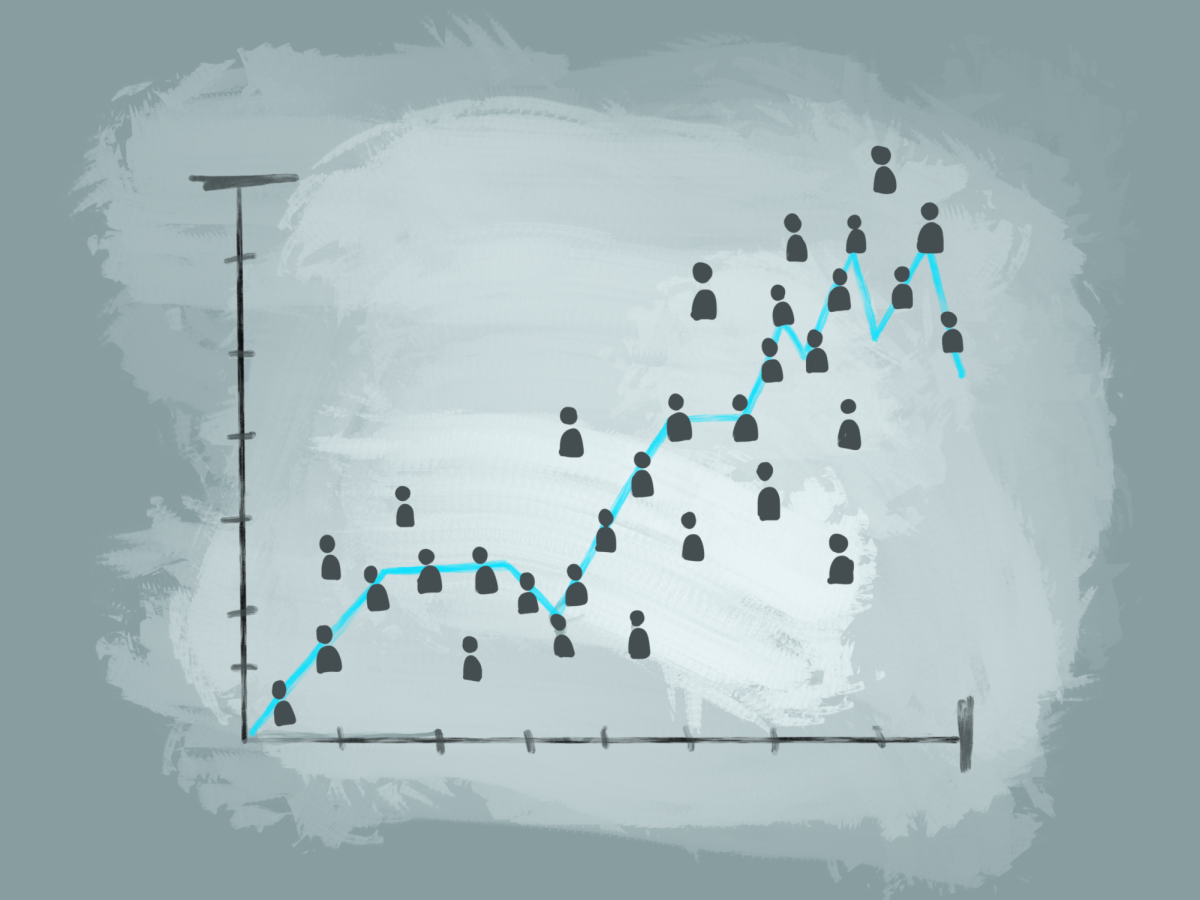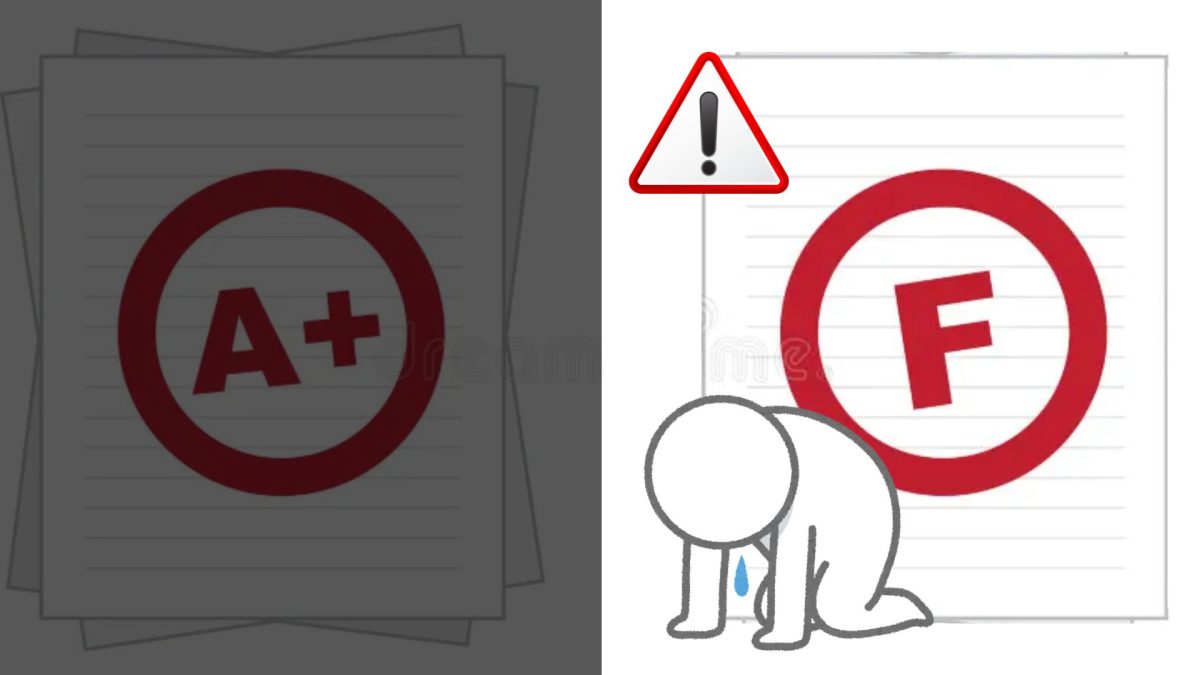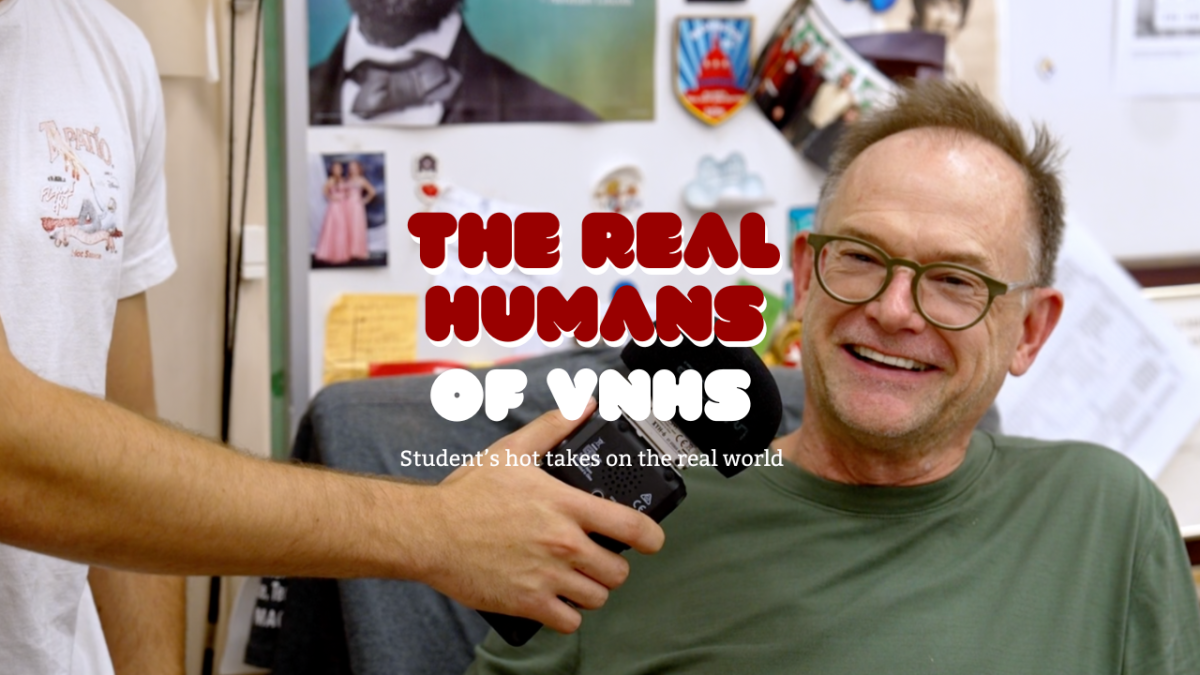Voiceless and Adrift
Since 2010 homelessness has skyrocketed by almost 75 percent causing a flood of individuals to take shelter in the streets.
Oct 30, 2018
Each night, 10,160,000 people lay their heads to sleep across Los Angeles County. Among them, 52,765 lie restless and scared on benches, sidewalks, and inside of cramped shelters.
Most can’t imagine living without the security of their homes waiting for them every day.
Since 2010, these shelterless souls have been pouring onto the streets en masse, and as a result, homelessness has skyrocketed by almost 75 percent according to the Los Angeles Homeless Services Authority (LAHSA).
So who are these people? Where are they coming from? Why are they forced to sleep out on the streets?
First and foremost, according to LAHSA, these people are mostly naturalized Angelenos, 65 percent of whom have lived in Los Angeles for more than 20 years. Only 10 percent have lived here for less than a year, so these people aren’t just showing up out of nowhere.
While the homeless population varies, two thirds of those out of house and home are men, while only a fifth of all homeless people are on the streets with their families or partners.
The most overrepresented ethnic group are by far Blacks, making up 35 percent of the homeless population whilst only making up 9 percent of Los Angeles’ total population. Asians are in the most underrepresented group, making up 14 percent of the population and only 1 percent of the homeless population.
These trends have resulted primarily from pre-existing socio-economic positions and the average income of certain demographics.
While income for most has remained stagnant, rents have skyrocketed.
According to LAHSA, the average rents gone up by 32 percent whilst the average renters’ income has only gone up by 3 percent. Low wages coupled with overcrowding has lead to unaffordable rents and mortgages, and as a result many are forced out of their homes and onto the streets.
This trend kicked off from the 2008 housing crisis. 2018 was the first time in four years in which the homeless population actually declined, most likely from the effects of Proposition HHH and Measure H.
Proposition HHH is a $1.2 billion permanent housing loan program that seeks to create affordable housing units for the 34,000 homeless in the city of Los Angeles (Not to be confused with LA County). Measure H increased sales tax by a fourth of a cent to fund services for the homeless, as opposed to building housing. These services consist of healthcare, job training, transportation and substance abuse prevention.
Contrary to common misconception, the majority of people on the streets aren’t drug addicts or mentally ill vagrants.
While rates of mental illness and substance abuse are noticeably higher among the homeless population, the difference is only within a 10 percent margin of their housed counterparts. 26 percent of the homeless suffer from a mental illness, as opposed to 18.5 percent of all adults. 15 percent of the homeless have substance abuse disorders, while 8 percent of all Americans suffered from a substance abuse disorder according to Substance Abuse and Mental Health Services Administration.
Thus lies a large issue in the plight of our homeless. These people are very much normal humans, simply down on their luck and without helping hands.
The easiest and first thing everyone can do to help them, is to treat them normally
It becomes routine for people to see these mixed bags of mystery walking the streets and doing things the average person scratches their heads at. They live lives so foreign to what most see as average, they simply fade into the ambience, not as people but as the general obstacles in urban life, traffic, bad weather, the poor beggar asking if you have spare change.
Jonathan Hans, a Planning Manager for LAHSA, says one of the best things you can do is look someone in the eye. “It gives them back their humanity,” he stated.
It shouldn’t be forgotten that people without homes are as human as anyone else, and are in desperate need of help.







